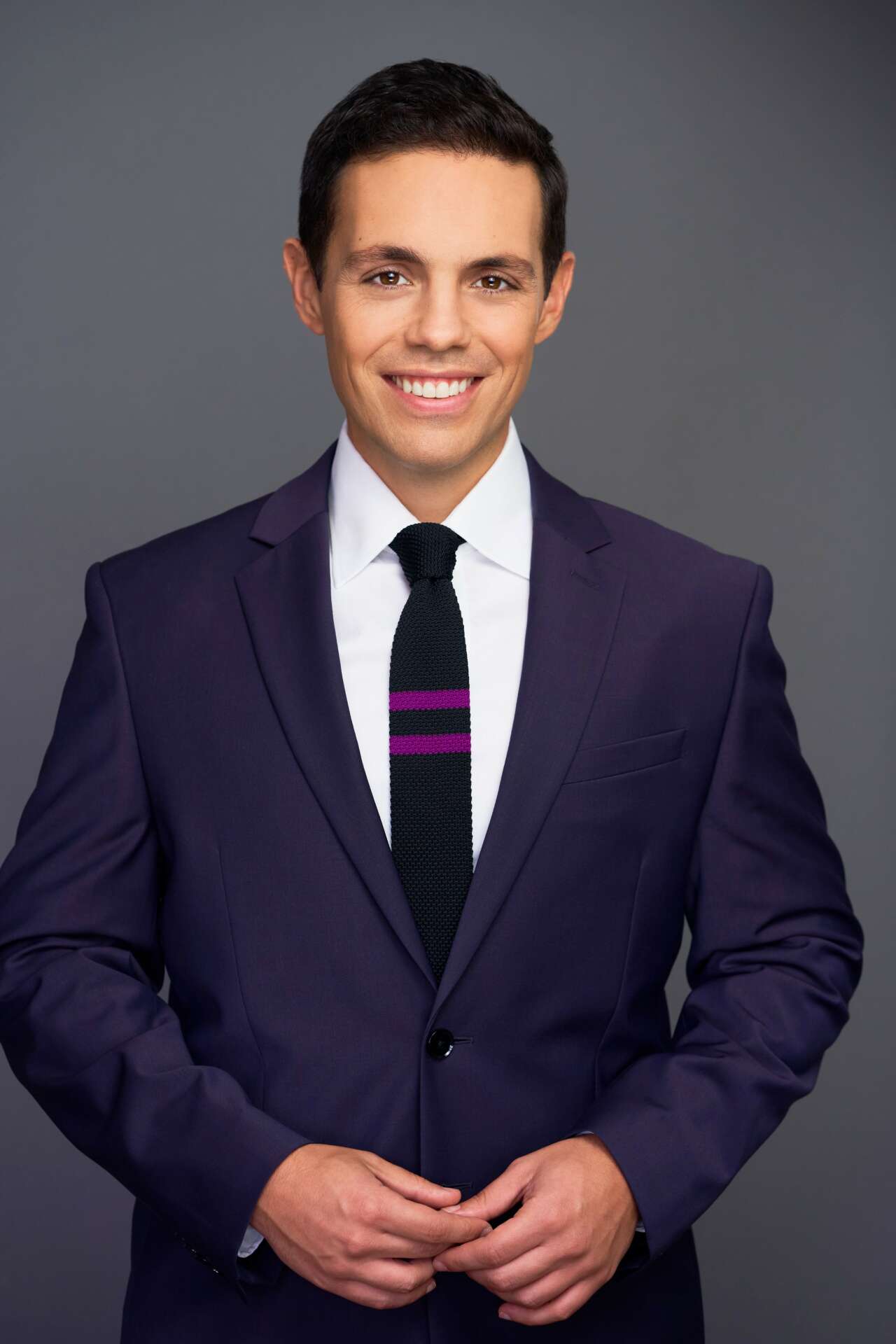We recently connected with Mike Janela and have shared our conversation below.
Mike, appreciate you joining us today. Have you been able to earn a full-time living from your creative work? If so, can you walk us through your journey and how you made it happen? Was it like that from day one? If not, what were some of the major steps and milestones and do you think you could have sped up the process somehow knowing what you know now?
I have been able to earn a full-time living from my creative work, but it’s been both a long process and a sliding scale. My first job out of college was as a radio broadcaster in Anderson, SC, making $500/month with $25 meal per diem for any days we traveled on the road, which was usually 10 days each month. That is not a liveable wage! But, since rent was only like $400 for short-term housing there, I was able to sustain myself. You learn tricks like only $5 of that per diem to buy a loaf of bread and some deli meat to last you the week and pocketing the rest of the cash to pay bills.
Over the years, I’ve had a couple of full-time salaried jobs, which allowed me to save as much money as possible for when I went back to freelance work. I also won a lot of money on a game show once, which again went right to savings for rainy days, of which there have been many.
Now, thankfully, I’ve gotten to a point in my career after 20 years where I can charge a good rate and work multiple jobs throughout the year to get me to very low six figures in earnings. Things I wished I knew sooner, though, were how to properly maximize your earning power as a freelancer. Tax deductions and professional expenses, operating as an S-Corp for freelance work, not being embarrassed to file for unemployment if you’re eligible and without work for months. There’s a lot out there that nobody ever teaches you unless you look for it.
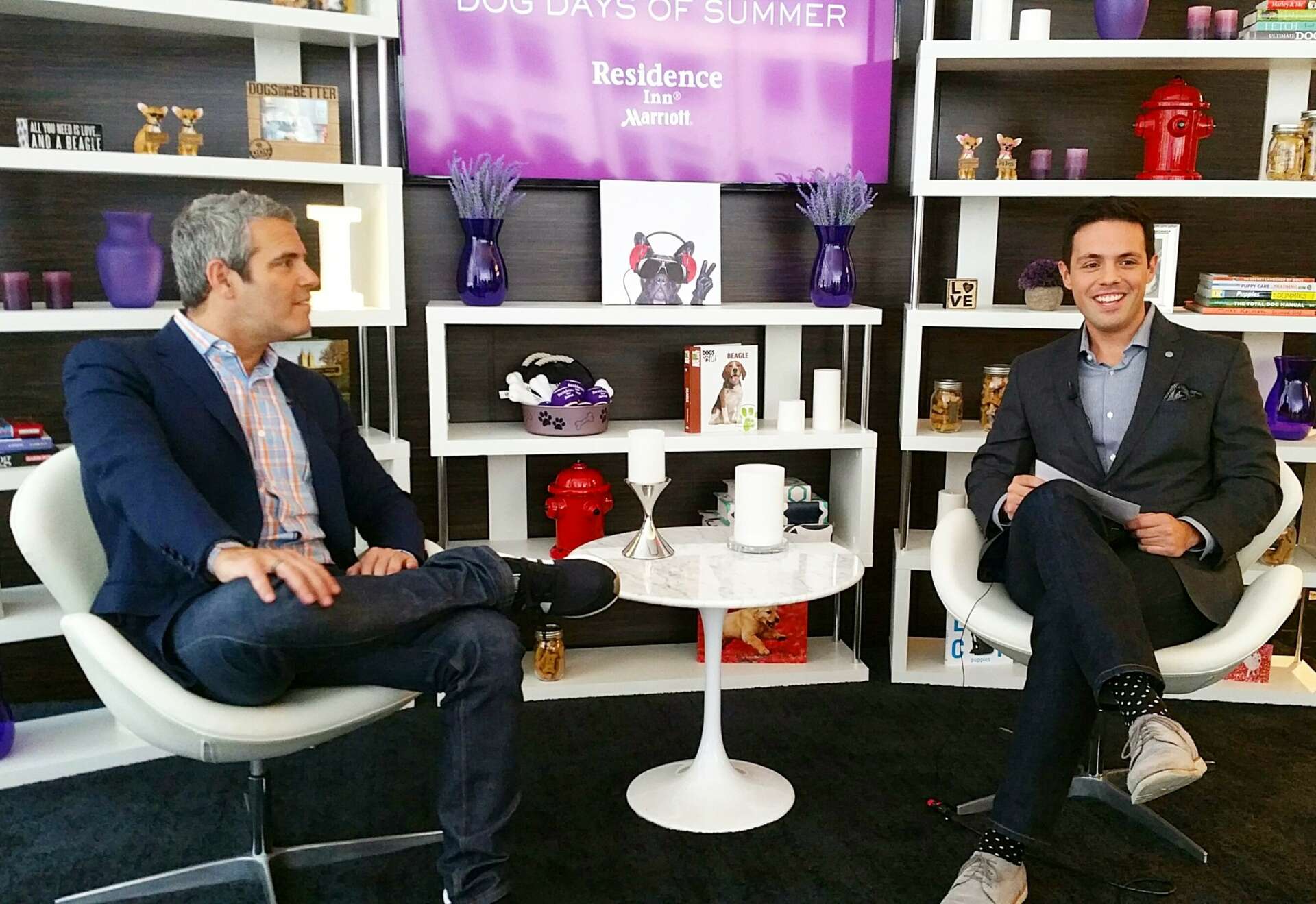
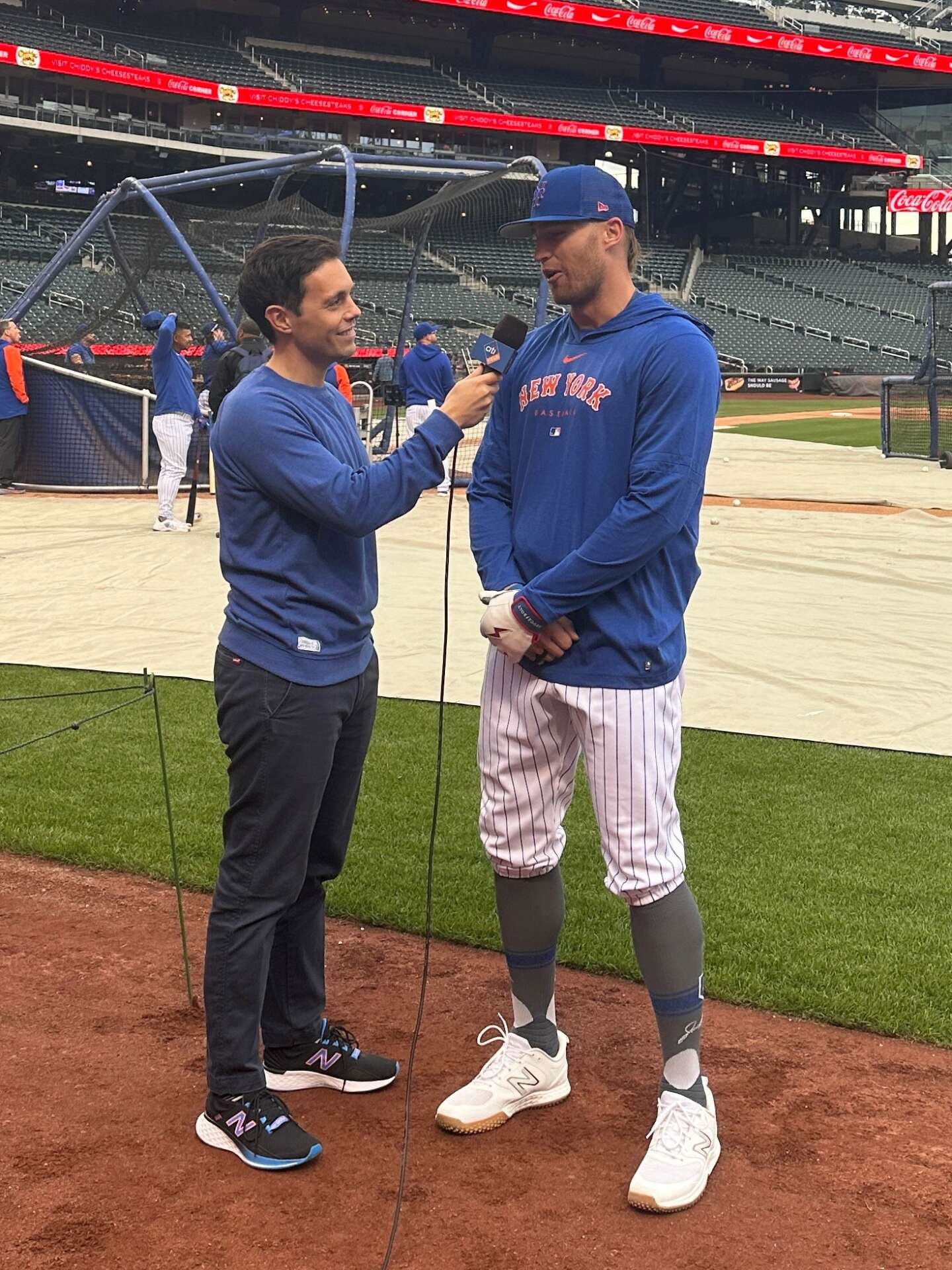
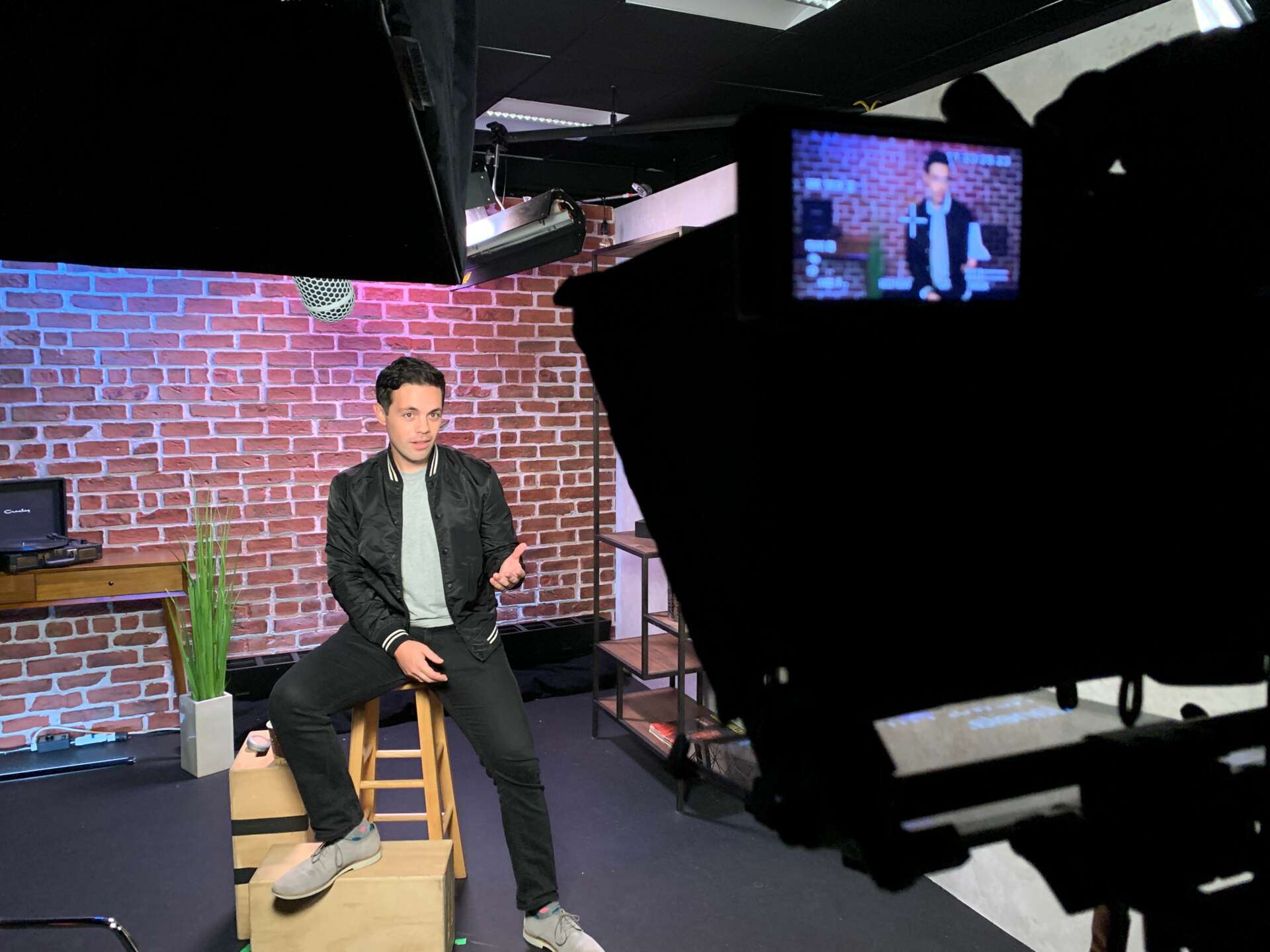
Great, appreciate you sharing that with us. Before we ask you to share more of your insights, can you take a moment to introduce yourself and how you got to where you are today to our readers.
Of course! I am a multimedia sports host, producer, and writer. My journey began with a childhood dream of becoming a professional baseball player, but by the age of 9 I realized that wasn’t in the cards. Inspired by the sportscasters of my favorite teams, I decided to pursue a career in broadcasting, allowing me to attend games and be part of the action in a different way. Throughout my career, my professional endeavors have taken me through various exciting roles in the industry. I’ve been fortunate enough to contribute to the world of sports and entertainment through my work with the New York Mets, MSG Networks, and the American Kennel Club.
My passion for entertaining others has led me to diverse opportunities, including emceeing for the National Strength Coaches Association and hosting events for major brands like Pepsi, Folio Magazine, and the AYU Digital Asset Conference. Beyond my on-air presence, I’m dedicated to coaching aspiring talent, public speakers, and content creators, sharing insights through resources like my “10-Step Talent Toolkit” ebook.
I’ve also had the privilege of hosting and producing multimedia content for Guinness World Records, where I also served as a former judge. My career has seen me contribute to renowned platforms such as The Hollywood Reporter, Billboard, LittleThings, and the San Diego Padres Social Hour, showcasing my versatility in both sports and pop culture.
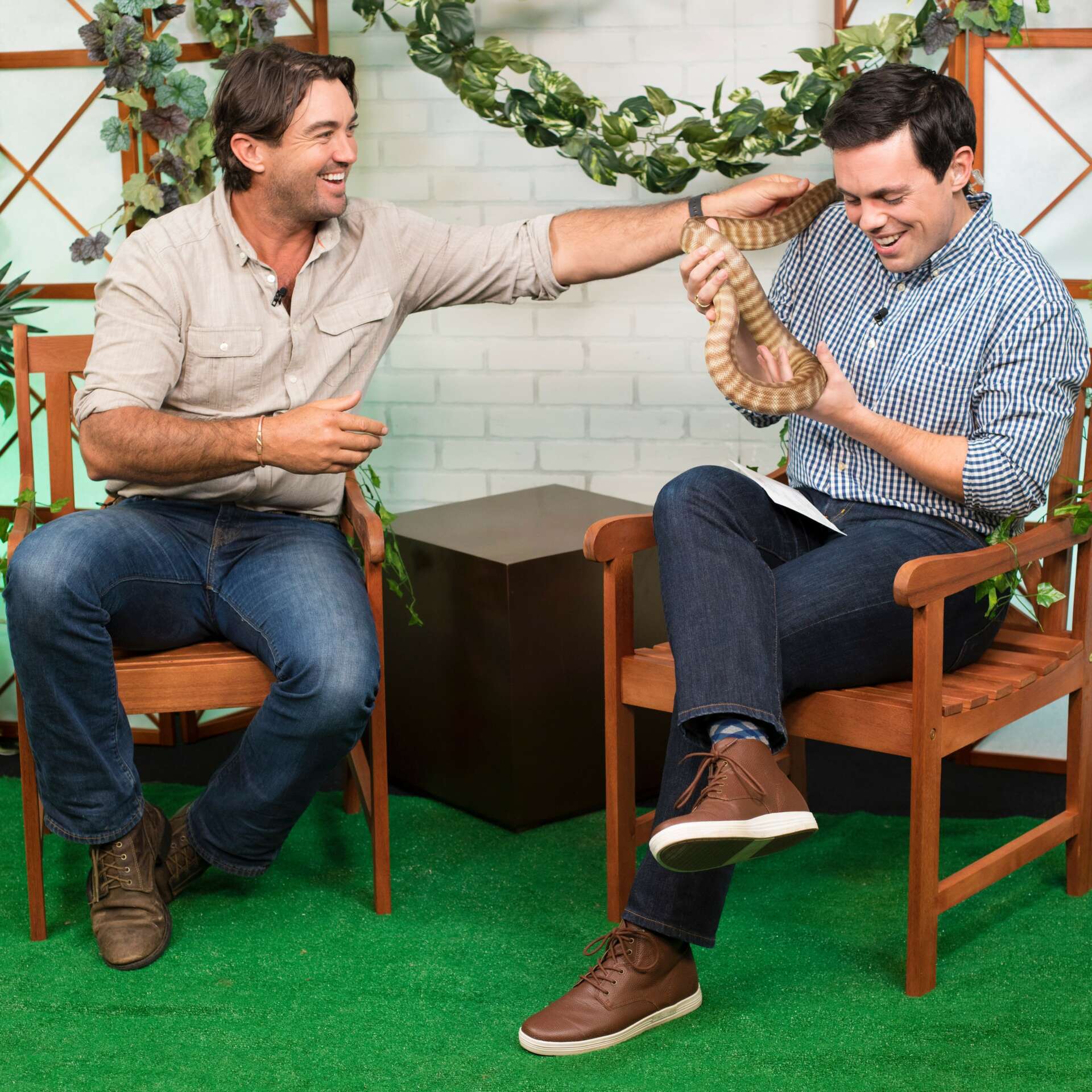
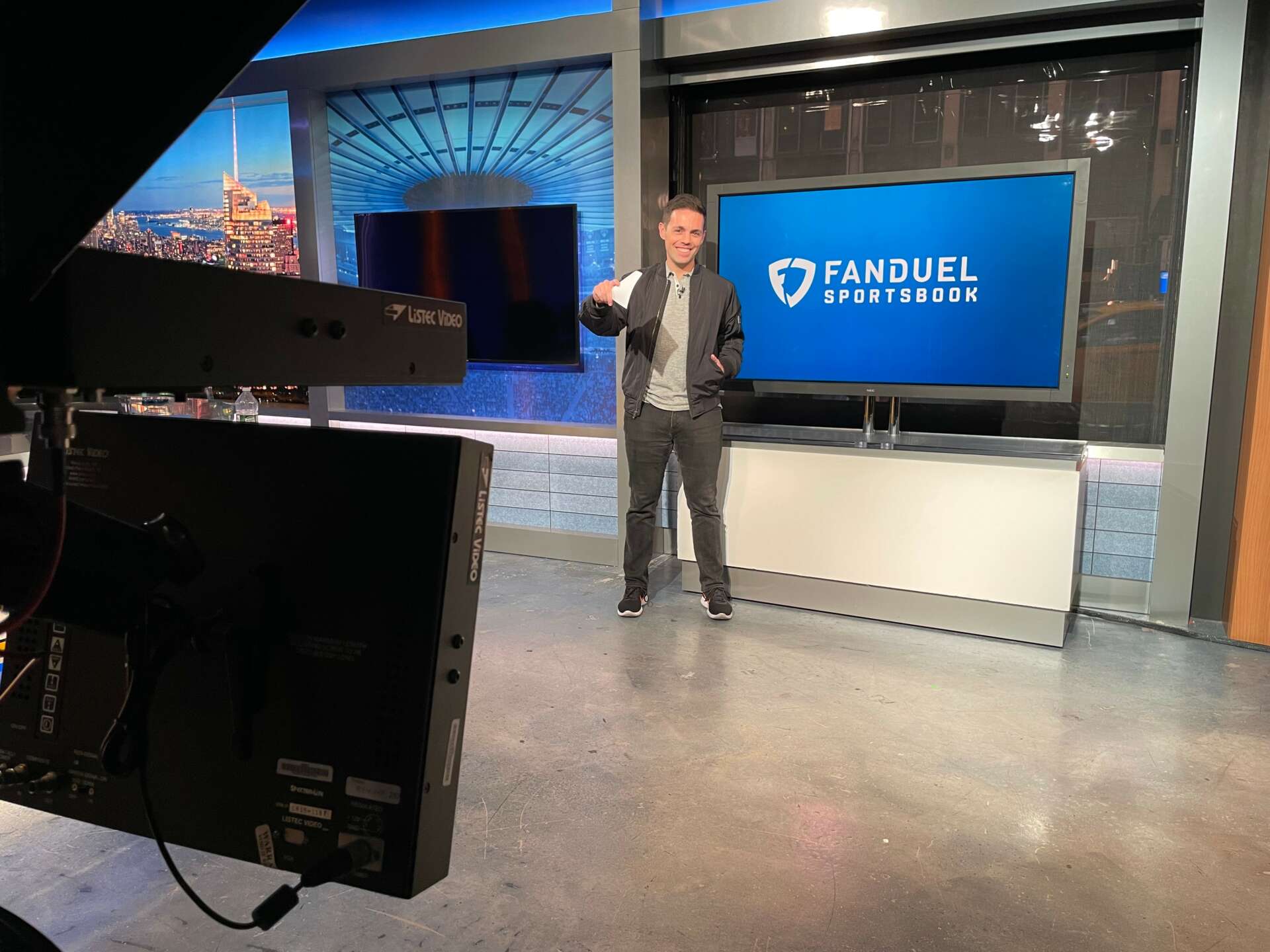
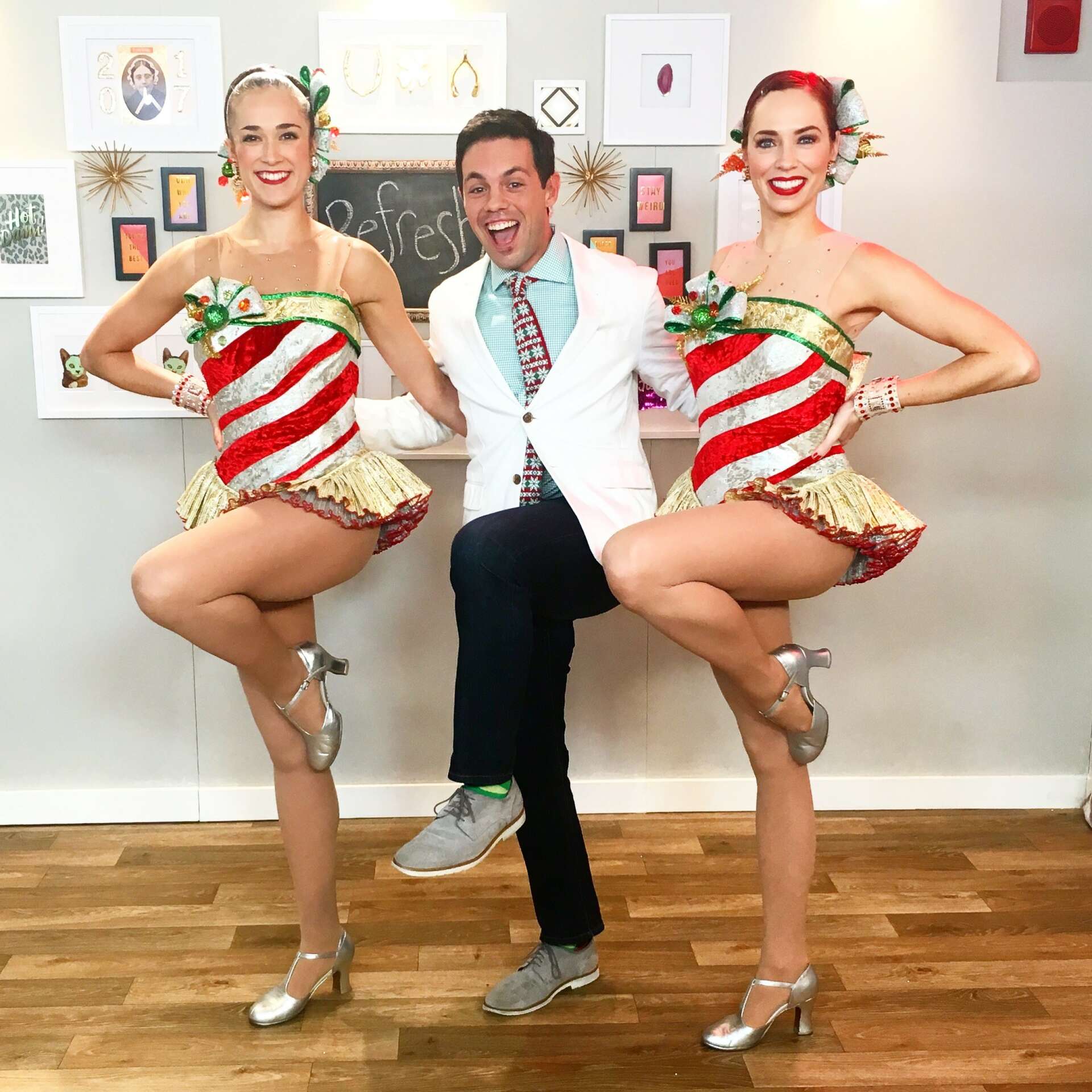
What’s the most rewarding aspect of being a creative in your experience?
What I love most about being a creative is that — no matter how little it pays or how long the hours are or how frustrating the logistics of a career might be — in the end, I get to do what I love. I’ve gotten home from 13-hour days but I absolutely enjoyed every minute. Yeah it sucks that I’ve had to spend hundreds of dollars a month out of pocket on health insurance, but I wake up in the morning actually excited to get to work that day instead of dreading it.
I used to live with my brother, who’s 3 years younger than me and works a typical 9-to-5 corporate job. We were both in our late 20s and I remember we were up at breakfast together one day. I asked him a general, “How’s it going?” He answered, “You know, one day closer to retirement.” He was 27! I absolutely could not ever imagine living a life where you dreaded how you spent 40-60 hours of your week every week. And being a creative means I don’t have to.
Do you think there is something that non-creatives might struggle to understand about your journey as a creative? Maybe you can shed some light?
I do feel for non-creatives who deal with creatives in their lives, because it’s such a delicate line to walk. On the one hand, I look back at some of my earlier work — how I would dress on camera, how I would deliver my lines, what kind of content I would create — and wish my family or friends would’ve been more brutally honest. According to everyone I knew, every outfit looked amazing, every joke landed, and every idea was gold. But then I would pay actual professional coaches to critique my work and they’d give me tons of valuable constructive criticism to make me better.
That said, what creatives don’t want from non-creatives is a lack of support. I hated having to answer questions like, “Are you sure you don’t want to try something full-time in PR or marketing?” Or “Oh, still pursuing the hosting thing?” Or the dreaded, “So would you ever think about getting a real job?” We’re chasing our dreams here! So while being realistic always helps, what we creatives look for from the people in our lives is the support of our passion and the stoking of our hope. We go through enough rejection and struggle just in the nature of the business; we don’t also need it at home.
Contact Info:
-
- Website: mikejanela.com
- Instagram: instagram.com/mikejanela
- Linkedin: linkedin.com/in/mikejanela
- Twitter: twitter.com/mikejanela
- Youtube: youtube.com/mikejanela


